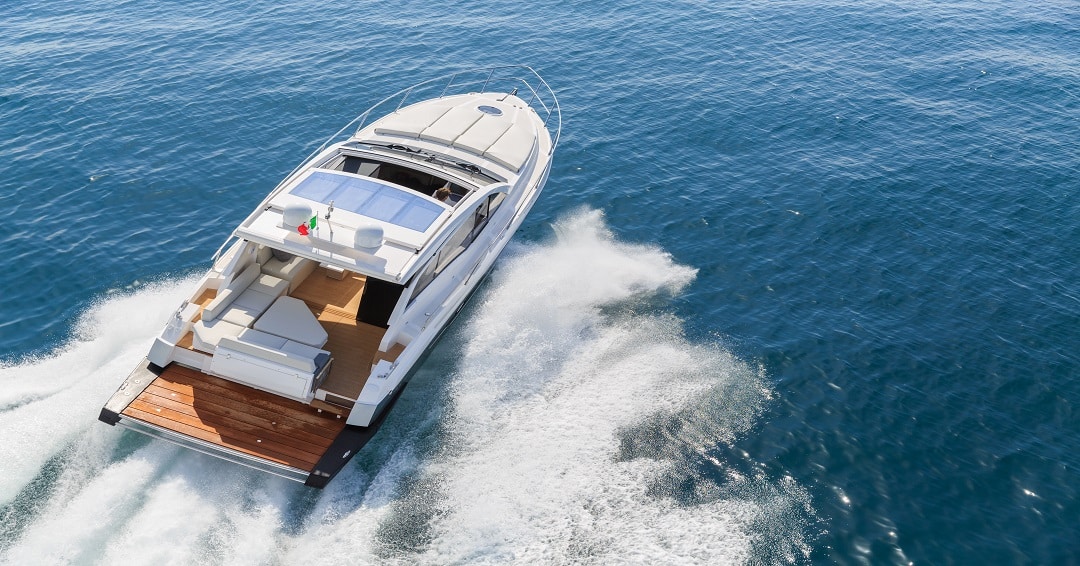Malta and the Marine Sector Plus a Definition of Insurance
Malta has a long, rich maritime history and has the largest shipping register in Europe. Insurance is a topic that requires a detailed understanding of the options available, by the companies operating in this sector and professional advisors such as Dixcart Malta.
The contract of insurance is a contract under which one person (the insurer) is legally bound to pay a sum of money or its equivalent to another person (the insured), upon the happening of a specified event involving some element of uncertainty as to time or likelihood of occurrence, which affects the insured’s interest in the subject-matter of the insurance.
The objective is to indemnify the insured against losses attributed to marine adventure. The three main principles of marine insurance are: indemnity, insurable interest and utmost good faith.
The First Principle of Indemnity
The principle of indemnity, in the context of insurance, essentially has two elements:
- To ensure that the amount compensated or reimbursed shall not increase the assets of the insured in any way. An insurance policy can never be a source of benefit or profit for the insured;
- The amount of compensation or reimbursement should never exceed the value of the policy taken. The amount which has been agreed upon by the insured and the insurer, if any, is the upper limit of the compensation to be paid.
The Second Principle of Insurable Interest
This second principle is made up of the following:
- financial loss;
- the loss was caused by the peril insured against;
- the subject matter was covered by the policy;
- insurable interest.
An insurer normally requires:
- The assured may benefit by the safety or due arrival of insurable property or be prejudiced by its loss, damage, or detention in respect of which he/she may incur liability;
- The assured stands in a legal or equitable relationship to the adventure or to any insurable property at risk in such adventure; and
The benefit, prejudice or incurring of liability referred to in the first bullet point above, must arise in consequence of the legal or equitable relationship referred to in the second bullet point.
The Third Principal of Utmost Good Faith
The third and final principal of utmost good faith is embodied in The Marine Insurance Act.
A contract of marine insurance is a contract based upon the utmost good faith, and, if the utmost good faith is not observed by either party, the contract may be voided by the other party. The duty of utmost good faith requires both parties to ensure proper disclosure of all material circumstances and to avoid making misrepresentations about material facts, circumstances or beliefs.
If utmost good faith is shown not to have been observed by either party, the statutory duty enables the aggrieved party to rescind the contract ab initio, thereby restoring the parties to the position they were in, as if they had not entered into the contract.
The Courts have consistently ruled against allowing the insured’s duty of good faith, to be used by the insurer as an instrument to enable the insurer him/herself to act in bad faith. For the insurers to succeed in avoiding the contract, due to non-disclosure during the performance of the contract, the insurers would have to show that the claim was made fraudulently.
Types of Marine Insurance
The four main types of Marine Insurance are:
1. Hull insurance: insurance of the vessel with its gear.
2. Cargo insurance: insurance of goods carried by sea.
3. Insurance against the liability of the carrier; protection and indemnity (P&I Clubs);
compulsory or mandatory insurance, voluntary insurance (e.g. liability for cargo).
4. Other types of marine insurance; freight, salvage expenses and general average
contributions, insurance of containers, shipyards, oil rigs (“energy”), etc.
The Marine Insurance Policy
The contract must be in a policy that specifies: the name of the insured, the subject-matter, the risks, the voyage or period of time covered by the insurance, the sum insured, and the name of the insurer. It must also bear the signature of the insurer or his/her representative.
A policy is voided when there is:
- Any implied condition as to the commencement of risk: the adventure shall be commenced within a reasonable time, otherwise the insurer may avoid the contract.
- Alteration of port of departure: the risk does not attach and the insurer may avoid the contract.
- Sailing to different destinations: the risk does not attach.
- Change of voyage: the insurer is discharged from liability as from the time of the change. Manifest intention to change the voyage is sufficient. This must be a voluntary change of destination.
- Deviation: the insurer is discharged from liability as from the time of deviation. Where there are several ports of discharge, these must proceed in the order designated by the policy. If not then there is a deviation.
- Delay: the adventure must be commenced within a reasonable time period.
There are various ‘excuses’ for deviation or delay, the main ones being: lack of authorisation (“held covered” provisions), the safety of the ship, saving human life, and events beyond the master’s control.
Additional Information
For further information about the Malta Maritime matters please contact Jonathan Vassallo, at the Dixcart office in Malta: advice.malta@dixcart.com.
Alternatively, please speak to your usual Dixcart contact.






